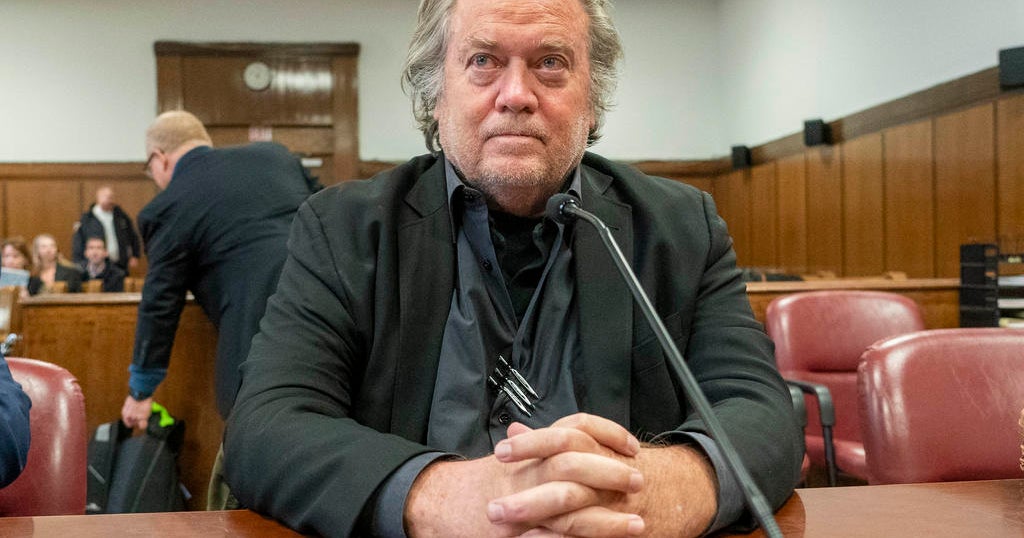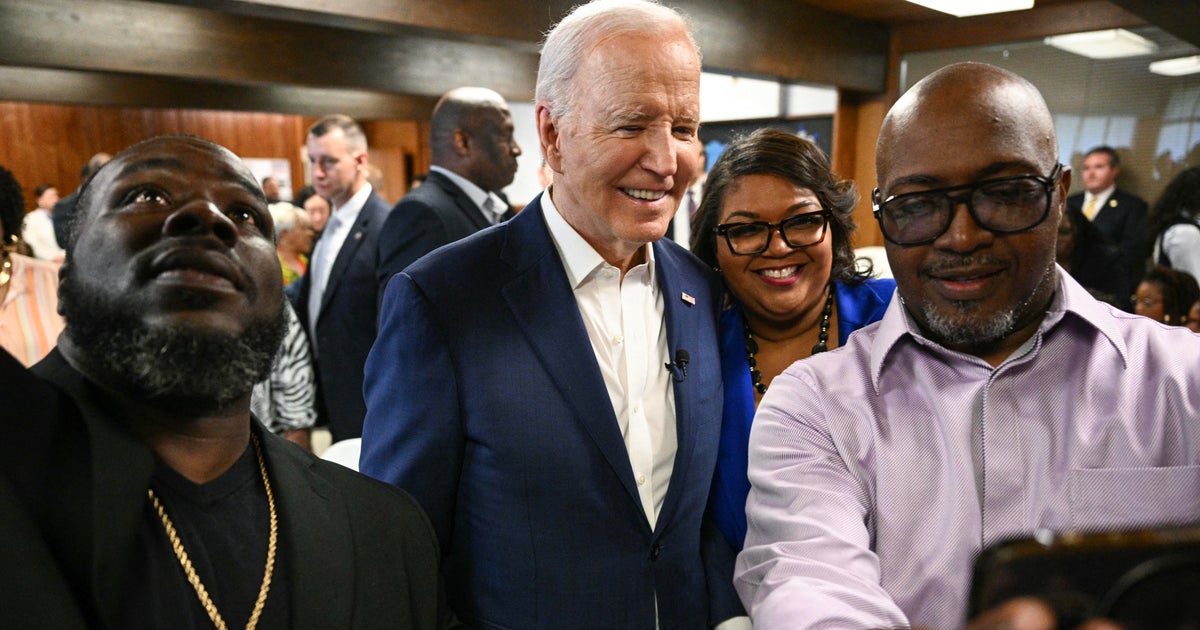"A World in Disarray" author Richard Haass on America's shrinking role as a global leader
Richard Haass served in the administrations of four presidents. In 2003, he became president of the non-partisan Council on Foreign Relations and has authored or edited 13 books on American foreign policy.
His most recent book, "A World in Disarray: American Foreign Policy and the Crisis of the Old Order," is the focus of a Vice documentary exploring major foreign policy challenges facing the nation. The documentary premieres Friday on HBO.
Haass joined "CBS This Morning" Wednesday to discuss President Trump's relationship with Russian President Vladimir Putin and the global consequences of a world without American leadership.
Recent revelations that Mr. Trump and Putin held an undisclosed conversation at the G20 summit earlier this month concern Haass in part because there is a lack of understanding of Mr. Trump's agenda.
"We don't understand why Mr. Trump has had this benign attitude towards Putin and Russia the last several years," Haass said. "Again, it's not taking place in a vacuum. We don't understand what has motivated this president who hasn't staked out a lot of foreign policy views."
Haass blames Russia for some of the "disarray" we see in the world today.
"One of the reasons this world is moving in the wrong direction is because of Mr. Putin's Russia," the former diplomat said. "Russia's become a spoiler. They've used force in Europe — they've reintroduced military force in geopolitics into Europe. They committed what's honestly atrocities in Syria. They interfered in our election and other elections using cyber."
In his book, Haass argues that Putin's moves may have been fueled by a lack of American leadership.
"Without us, the world is not some self-organizing system. And Russia, China, but also other — people like ISIS, groups like that — are filling the space because the United States is pulling back. And what's so odd is I can't think of another time in history when a great power, voluntarily, in some ways abdicated its position and created a geopolitical vacuum," Haass said.
"You seem to be indicting Obama for that," co-host Norah O'Donnell observed, citing Haass' book and documentary.
"Well, I think it began under President Obama," he said. "I think historians will define [Obama] as much by what he didn't do."
When it comes to the current president, "Mr. Trump is his own strange amalgam," Haass said, though he doesn't necessarily see him as an "isolationist."
"But he clearly doesn't believe in many of the institutions and many of the standing structures he inherited, from trade to alliances," Haass said. "The rest of the world is beginning to learn how to live without us. Our friends are basically saying we've gotta look out for ourselves."
Asked if China would be the one to fill that vacuum, Haass said, "China can't fill the vacuum by itself."
"There's no one – not China, not Russia, not Europe – who can fill the shoes of the United States."
Haass believes the lack of U.S. involvement places like Ukraine and Syria are partly to blame for Russia's interference in those places.
"I think Mr. Putin would have seen less opportunity there."
On North Korea, Haass said Mr. Trump has done one thing differently, which is to approach their nuclear weapons program as the No. 1 security threat America faces.
"What I'd like to see is him try negotiations. I don't know if they'd succeed in putting a ceiling on North Korea's missiles and nuclear weapons. If that doesn't work, though, we're going to face a really consequential choice," Haass said.
America's problems don't just lie abroad—but at home, too.
"Who would want to emulate American democracy the day after we have the health care debacle? We can't deal with our national debt. How can we pressure China on North Korea if China's one of the two largest holders of American debt?" Haass asked. "Our inability to govern ourselves at home, to deal with everything from infrastructure to our debt, to tax policy is reducing the appeal of the American model."
The only area in which Haass believes the U.S. has become less vulnerable? Energy.
"Interestingly enough, that was something that happened because of local drillers. It didn't happen because of government. We've got to face the fact that our government isn't working."




